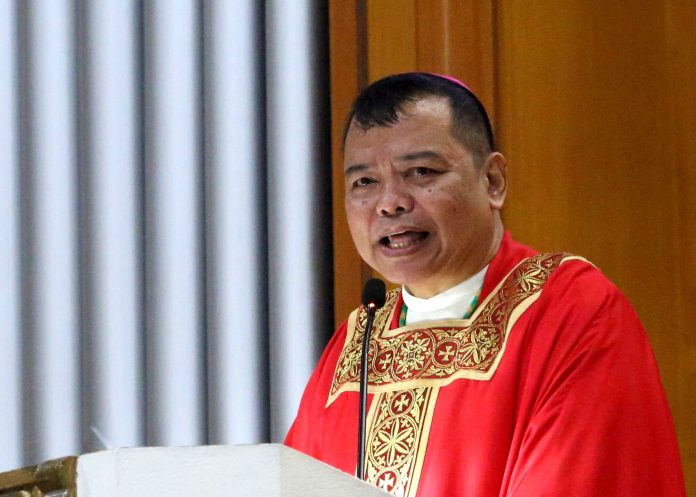A diocese in the Philippine capital has “reconfigured” its social action program to provide sustainable sources of livelihood to people.
Bishop Roberto Gaa of the Diocese of Novaliches said the pandemic “reshaped” the needs and mission of the church and “there are things that we won’t be able to do again.”
While relief operations for affected communities are still ongoing, the prelate said the diocese is preparing for “rehabilitation and resiliency programs.”
“One of the programs is food security,” he said in an interview with Church-rub Radio Veritas.
The prelate said the diocese has identified a one-hectare church property that will be converted into an urban farm.
The community-based farm will serve as a nursery for seedlings that will be distributed to the people.
“The first idea was to set up a full-blown farm but in order for us to help more people, it will serve as a source of seedlings that people will grow in their own garden,” he said.
Bishop Gaa said the diocese is in the process of data gathering to identify extremely poor families and what kind of assistance that can be given them.
The prelate said the diocese has also restructured its educational assistance program to help students access online learning systems.
He said 70 percent of the communities in the diocese are urban poor and have limited access to the the internet.
Father Luciano Felloni of the Kristong Hari Parish said the diocese is also looking into micro-financing to help residents re-establish their livelihood.
The priest said many households have already exhausted their resources because of the long period under lockdown.
“What they need is a small amount of money as capital,” he said.
Basic Ecclesial Communities are expected to handle some of the programs because of their familiarity with the situation of their respective villages and communities.
The Diocese of Novaliches has also heightened its campaign to bring in new and younger lay ministers in every parish.
While waiting for the implementation of a more relaxed quarantine protocol, parishes are taking the time to recruit young people for the ministries.
Bishop Gaa said 40 percent of church volunteers in the diocese are elderly people who are restricted to go outside their homes under the quarantine protocols.
The prelate clarified that they are not removing the elderly in the ministry. “They can serve as consultants,” he said.
“We are retooling and repurposing… while some of our volunteers cannot go to the church because of the restrictions, they will perform other church duties,” said Bishop Gaa.









